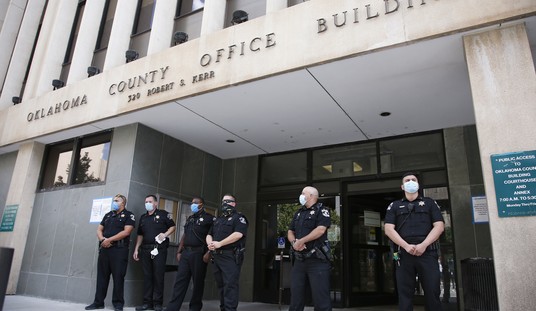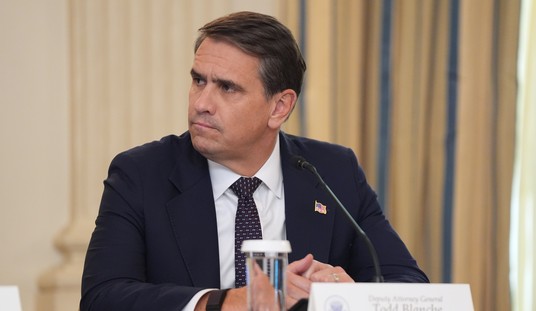With state legislative sessions about to kick off, many states will be facing tough choices between cutting spending, raising taxes or some combination of the two.
In tiny Rhode Island, the situation looks especially bleak: In the current fiscal year, the state faces a $60 million shortfall, which rises to $200 million projected for the coming fiscal year.
So what are state legislators focused on? Balancing the budget, yes, repealing the car tax, yes, but also, financing… a sports stadium.
Ruggerio said he’s concerned about potential cuts to federal funding, which would exacerbate Rhode Island’s fiscal woes.
Within the budget, Mattiello’s top priority is to continue phasing out the state’s car tax. Mattiello proposed eliminating Rhode Island’s unpopular car taxes over six years during the last legislative session, and budget negotiators found $26 million to pay for the first year.
Both leaders said they’ll be looking into what the state can afford to help repair schools. A school infrastructure task force is recommending Rhode Island borrow $500 million to repair the state’s schools by 2022.
The state is also considering whether to help pay for a new stadium for the Pawtucket Red Sox, to keep the team in Pawtucket. (emphasis added)
Note the point about Rhode Island fretting “potential cuts to federal funding”– a powerful reminder that even if you don’t live in a blue state, you’re paying for their bad decision-making with your federal tax bill.
The likelihood here is that Rhode Island will not be bailed out by the federal government– though proponents of federal online sales tax legislation note that were states able to require collection and remittance by big online-only vendors of taxes legally owed by in-state buyers, something that currently is only legally possible if Congress passes legislation permitting it, the fiscal woes of everywhere from Rhode Island to Mississippi, Alabama and Tennessee, states that have been pressing hard to be allowed to force collection and remittance of these taxes, would be alleviated. That would occur with no new taxes, or tax increases, being levied.
In all probability, perhaps especially if Rhode Island legislators get their way on the Red Sox stadium, residents will be facing higher consumption taxes on “sinful” products, the go-to when finances are tricky and big-spending states need to balance budgets.
Except for Vermont, all fifty states are required by law to make their credits and debits tally, and that’s a big reason why in 2018, Ocean State residents, and many others in states facing budget gaps, may be looking at increased cigarette, e-cigarette, chew, gas, alcohol, soda, and other taxes targeting “bad” behaviors that governments wish to discourage, while simultaneously reaping a windfall from them.
Get ready. With many states also expecting pressure to cut income or property taxes thanks to the GOP tax bill’s provisions regarding state and local tax (SALT) deductions, the sinful among us may be facing higher costs of living, while Congress faces more pressure on the sales tax front.














Join the conversation as a VIP Member